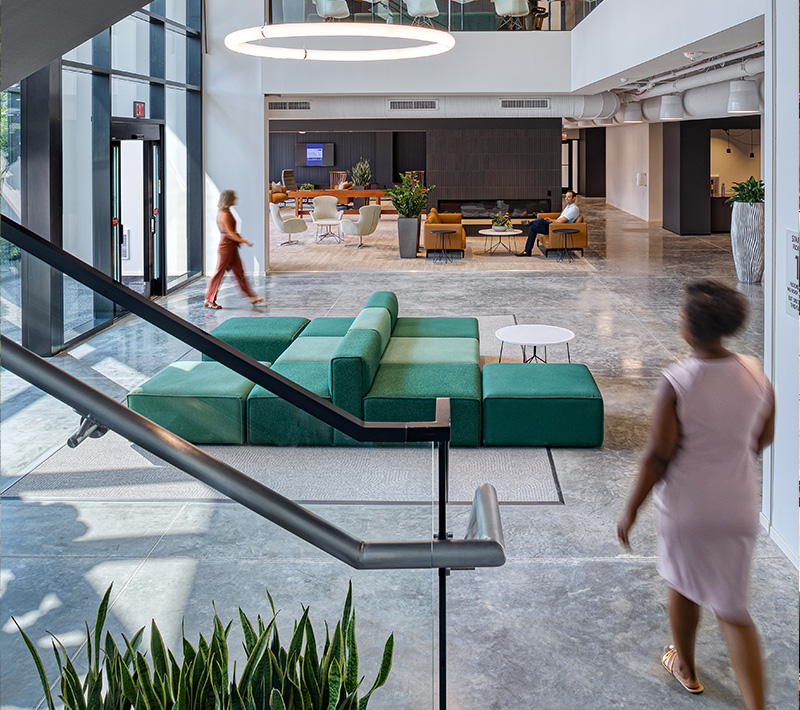
One side-effect of the pandemic is that many employees continue looking for ways to work from home rather than going back to the office.
One side-effect of the pandemic is that many employees continue looking for ways to work from home rather than going back to the office.
From the employer’s perspective, working to drive the success of a company through its employees, the long-term feasibility of this is questionable. Companies bring employees together primarily for the purpose of the synergy they create together. Without this synergy, which is difficult or impossible to reproduce in a “virtual” work environment, are companies reduced to a value that is no greater than the sum of its parts? Where will the collaboration and new ideas come from?
From an employee perspective, the benefits of working from home include flexibility and the ability to manage time differently than in an office. But these employees risk hurting themselves by becoming more like a commodity rather than a personal, valuable contributor to the synergy that successful companies need. How do these employees maintain their value proposition?
If a job can be easily defined as task work that can be done anywhere, at what point does the employer figure out that an employee’s work is interchangeable with anybody else’s? We all know that technology has made the Earth much smaller, and virtual work risks accelerating the trend of employers just finding the lowest cost workers (whether they are here in the U.S. or overseas).This is where work becomes a commodity because the work is not special to a particular person, but becomes only work for the person offering to do it at a lower cost.
There are always a number of specialized skill sets where this paradigm would not apply. But, even in those instances, an employer needs the specialized skill and creativity to be shared in some way with other employees for the company to win. Virtual meeting platforms and collaboration tools just don’t produce this kind of synergy or creativity. This may be one reason virtual meetings are already losing their luster.
When an office is the place of work, most employees need to be local. Once that’s no longer the case, employees can be found anywhere. This can benefit some employees since they can also look for work in more places. But in the end it risks pushing millions more into the “gig” economy, where everyone is reduced to bidding out their services at the lowest cost to win the job.
It won’t just be the employees having to adapt. Employers will have to offer better, less traditional, office environments that create a warm and welcoming place where employees will want to work and collaborate. Employers seeking the best and the brightest will make this investment to improve their chance of winning.Employees will value this type of environment and be better contributors as a result.
Despite all the changes and disruptions of the past few years, one axiom of good business never changes. Winning companies will attract a disproportionate share of the best and brightest talent.Today, that means offering a measure of work flexibility with enough office time to allow important interactions to take place, building synergy and sparking creativity. And as always, it is the office that generates most of that added value for teams and companies. The demise of office space has been predicted many times in past decades. While it may change, the office is not going away. Long live the office.


